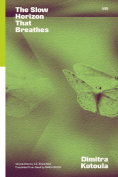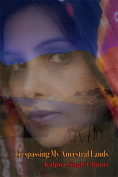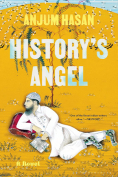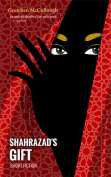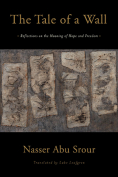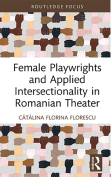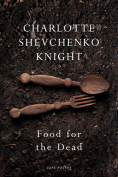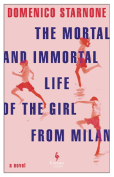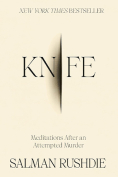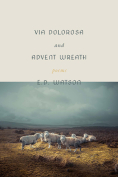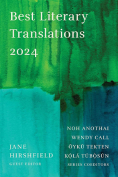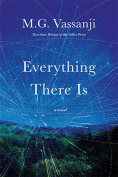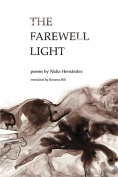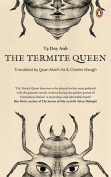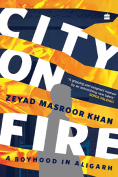Everything There Is by M. G. Vassanji
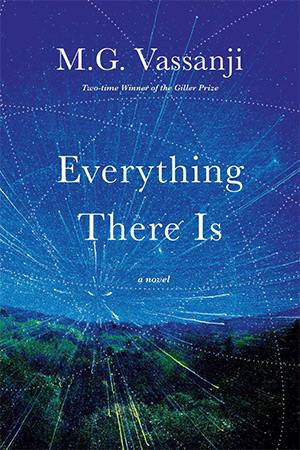 Toronto. Doubleday Canada. 2023. 336 pages.
Toronto. Doubleday Canada. 2023. 336 pages.
In Everything There Is, M. G. Vassanji, a multiple-award-winning Canadian author of African Asian heritage, shifts his attention back to South Asia, this time specifically to Pakistan. At the center of the novel is the story of a Nobel Prize–winning physicist, Nurul Islam. Inspired by the story of Pakistani theoretical physicist Abdus Salam, who received the Nobel in 1979, the novel explores the intersections of science and spirituality. Islam’s story evolves in the context of various sociopolitical histories of South Asia: the Partition of India, the desire of political leaders both in India and Pakistan to acquire nuclear arms, and the rising fundamentalist religious ideologies in Pakistan.
A prodigy from a young age, Nurul is able to leave Pakistan and go to Cambridge for further education. Later, married to Sakina Begum, with whom he has three children, Islam lives the life of a simple, devout man who tries to find meaning in life at the crossroads of physics and religion. As a professor and physicist at Imperial College, London, he is known for the Islam-Rosenfeld theory, a Theory of Everything he developed with Abe Rosenfeld, a physicist at MIT. The theory puts him at the forefront of leading scientists in the world but also draws unwarranted attention from those looking to discredit his work.
As Nurul challenges the Western understanding of the development of science and delivers talks about “the scientific golden age of the Muslim world,” he also questions the West’s decentering of Eastern knowledge. When people find out that a physicist is a practicing Muslim, they are confused: “How do you reconcile a belief in God with a belief in science—that everything can be explained by the rational mind?” However, for Nurul, physics is a way of understanding this world and beyond. It can provide a medium through which one can understand God, and the two ideas do not necessarily have to be reconciled: “Science, physics in particular, was a gift to mankind, it was a challenge to the human intellect and provided means through its applications to make our lives better.” But the way he understands and explains the concept of God does not meet the expectations of many fundamentalist elements in Pakistan. Similarly, his refusal to aid in the making of a bomb for Pakistan’s military-backed regime earns him more enemies. There is a heavy price to be paid for confronting the big and powerful both in the East and the West.
The novel also portrays the realities of an academic’s life. Vassanji subtly explores the topic of blatant racism in academia. Some of the backlash that Islam faces can be attributed to his brownness in a Western, white academic space. Academic life includes the pleasures of pursuing knowledge, collaborations, innovations, and research. It also comes with a side of rivalries, jealousy, back-stabbing, plagiarism of ideas, and controversial student-professor relationships. As if all his circumstances were not complicated enough, during one of his visits to the US, Islam falls in love with Hilary Chase, a graduate student of Rosenfeld. This creates an uproar both in his personal and professional lives that he must navigate.
Vassanji himself is a trained physicist with a PhD in nuclear physics from MIT. This background, and his first visit to Pakistan in 2019, have helped shape this book. The novel reads like a blend of science fiction, philosophical treatise, political intrigue, and a family drama of love, infidelity, and betrayal. The usual Vassanji style—a subtle sense of humor, lucid language, detailed observations, and engaging dialogue—make this book another excellent addition to his oeuvre.
Asma Sayed
Kwantlen Polytechnic University


